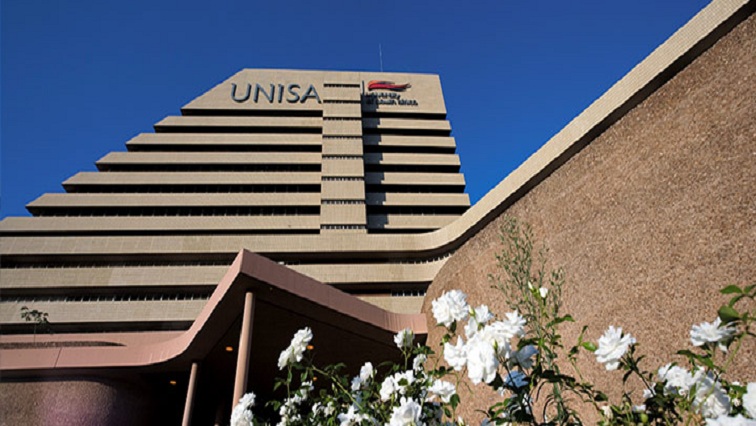The University of South Africa (UNISA) says it will study the Pretoria High Court judgment setting aside Higher Education Minister Blade Nzimande’s instruction to the institution to reduce its intake of first-year students by 20 000.
Judge Mamoloko Kubushi issued her judgment on Thursday afternoon. The judge also set aside UNISA’s decision to have one semester for the 2021 academic year.
UNISA says in a statement any decision on the way forward will be taken in the best interest of the students. The university added it will show its commitment towards the National Development Plan, and its aspirations to empower young people to improve their lives through education.
Court sets aside Nzimande’s Unisa lower first-year intake decision
This means Unisa may now admit the same number of students as it did last year.
Last year, the institution admitted 57 000 first-year students.
Economic Freedom Fighters Students Command Council took the Minister to court over the intake issue, while Unisa’s decision on the academic year was challenged by the Black Lawyers Association Students Council.
In a draft order, Judge Mamoloko Kubushi ordered Unisa to admit those students who have completed a higher certificate in law and a higher certificate in justice courses and meet the requirements for admission into a Bachelor of Law degree.
The Department of Higher Education and Unisa have been ordered to pay the costs of two counsels in this matter.
The South African Human Rights Commission (SAHRC) welcomed the judgment.
“The Commission was concerned about the implications of the directive to Unisa and the university’s decision to not enroll over 20 000 applicants on the right to further education as stated in Section 29, subsection 1(b) of the Constitution.
The Commission’s view in this matter was that Unisa is central to the realisation of the right to further education and the history of the university bears this out. Unisa remains the most affordable university compared to other universities in South Africa,” explains the SAHRC’s Buang Jones.
The ruling comes amid protests at the institution’s campuses across the country.
Discussion on the case:


